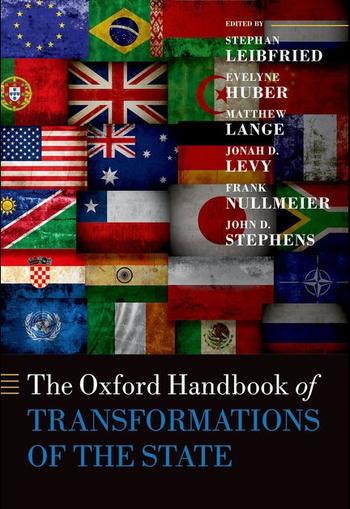State Failure and State Transformation
Sven Chojnacki, Anne Menzel – 2015
In this chapter, we consider state failure and its impact on state transformations in the Global South. After introducing "state failure" (Section 1), we define failed states and assess their strengths and weaknesses in light of alternative approaches, in particular by integrating the idea of modes of governance beyond the state (Section 2). We then detail institutional and functional failures, that is, we move on to an evaluation of current evidence that supports different dimensions of violent state transformation (institutional and physical characteristics) as well as the nexus between making war and (un-)making the state (Section 3). Following up, we sketch the different pathways to failure, warfare, and state collapse, as there is no single path that typically tips faillng states "over the edge" into widespread warfare, nor one common characteristic defining actors' strategies and dynamics in such situations (Section 4). Finally we outline the role of international interventions to further peace-keeping and state-building in these trajectories (Section 5). We conclude by outlining further substantive and methodological research opportunities (Section 6).

